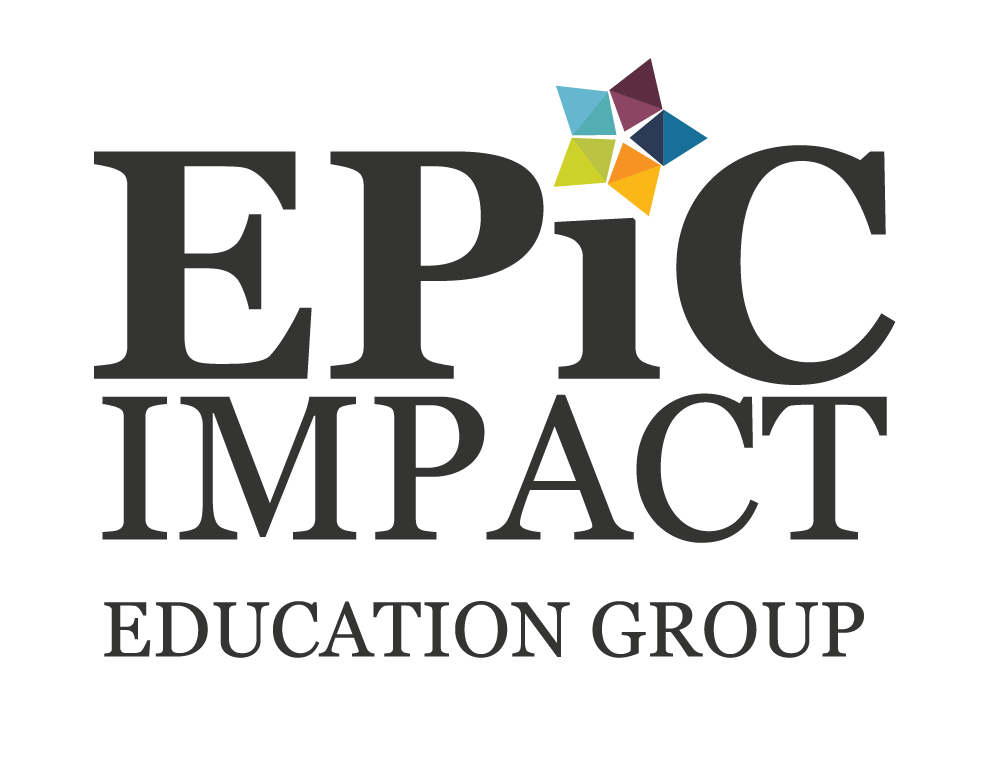What Are Your Non Negotiables This Year?
As I wrote in OAESA Principal Navigator last year (Make an Immediate Impact in Your School: Three Things to Stop Doing Today, Fall 2015), most great leaders start with a “not to do list” (Collins, 2001). My three recommendations were:
- Stop collecting lesson plans;
- Stop allowing teachers to work in isolation; and
- Stop building your schedule around beans, balls, and busses.
It is equally as important for school leaders to identify what they will do to help move education forward for students and teachers. Many principals do an outstanding job of working with staff to develop the building’s vision, goals, and action plans, but there is also a need for leaders to communicate their “non-negotiables.” And stick to them. Collins writes, the key to success is not innovation; it is “simplicity and diligence” applied with fierce devotion to our highest priorities. So what will you prioritize and demonstrate fierce devotion to?
Here are four non-negotiables for school leaders to consider in the next school year:
1. Teachers post the learning targets for the day and share them with students before each class.
I was surprised by the number of classrooms I visited last year where I did not see learning targets posted or hear the teacher communicate the targets at the beginning of the lesson. Make this a priority in your building, so that students start every day with a preview of the learning and why it is important. This is also a critical step to implementing high-quality formative instructional practices.
2. Teachers will develop assessments based on the learning targets for each unit of study before teaching the lesson.
How do teachers know what to emphasize if assessments have not been created? Assessments should be the blue print for the lesson. This aligns nicely with my recommendation for school leaders to stop collecting lesson plans. When a principal collects an assessment, he or she can assure it aligns with the curriculum and monitor how well students are learning.
3. Teachers understand and use the RTI process.
Every year, I have an opportunity to talk to teachers and principals who are surprised that their students did not perform better on the state assessments. When I dig a little deeper and ask questions, such as, “What percent defines mastery in your building, and how effective is your RTI process,” we usually begin to understand why. There needs to be an understanding that students who are progressing through the curriculum with grades below an 80% will most likely not be proficient on the state tests. These students are not failing, but they are not yet mastering the material at a level that will ensure they are proficient on state assessments. Teachers need to focus on Tier 1 instruction and find time to reteach concepts to these students. It’s also important to use all available resources in the school, including reading or math labs, no new instruction periods, intervention time, or applying other Tier 2 strategies in the RTI process. The RTI process is not only for failing students; it’s also for students who are not mastering the material.
4. Intervention and enrichment periods are not study halls.
I remember, like it was just yesterday, how I approached this subject with my staff. I told them that I knew it was impossible to bring their “A” game to the classroom every day, although we strive to. I wasn’t able to bring my best stuff every day when I was a teacher. However, whenever there is intervention or enrichment time, or no new instruction time to re-teach material that students may not have mastered, then we must bring our “A” game 100% of the time. Time is our most precious commodity, and when we have time to reteach our students, we must be as effective as possible.
About the Author
Bobby Moore has spent more than 25 years in education as a teacher, principal, and superintendent. As the President & CEO of EPIC Impact Education Group www.epicimpactedgroup.com, he partners with schools across the country to implement high-growth strategies, as well as keynoting at conferences and school districts. Please contact him at Dr.BobbyMooreed@gmail.com
This blog was authored by me as an employee of Battelle for Kids.
© 2017, Battelle for Kids. All Rights Reserved
References
Collins, J. (2001). Good to great. New York, NY: HarperCollins Publishers, Inc.


